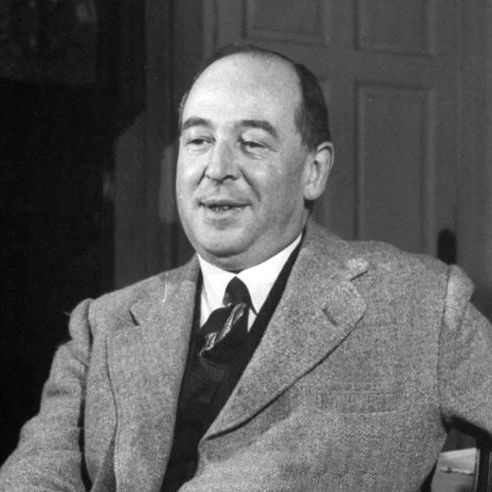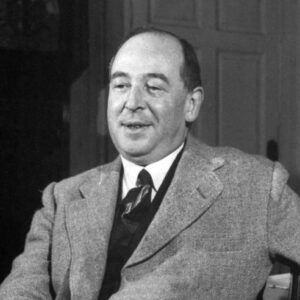

George Gershwin wrote the lullaby Summer Time for Clara to sing to her child in his opera Porgy and Bess. It has some classic lines for this time of the year: “Summertime, and the livin’ is easy…One of these mornings you’re gonna rise up singing.” I thought of those lines in the midst of this Covid-19 pandemic summer because Gershwin, half way through his relatively short life survived the pandemic of the 1918-1920 Spanish Flu and yet could bring some optimism to his work.
I thought of those lines as we move through a summer time in which the living is anything but easy. What follows are some suggestions that might help. If you are looking for reading possibilities I am going to make four suggestions, all by the same author. I can’t guarantee they will cause you to …”rise up singing…”, but I think your summer will be better off for the effort.
If you have been listening to my sermons (never an assumption a pastor makes) during these three plus years we have been together you should have realized by now that I have a great deal of affection for C.S. Lewis. While perhaps best known for The Chronicles of Narnia, here I would like to point you in some different directions. I am taking some of my cues from a blog piece by Kyle Johnston, a Cape Town South Africa pastor writing recently for the Biblical Counseling Coalition.
The first of these is the somewhat whimsical but downright serious The Screwtape Letters. Thisis a classic masterpiece of religious satire that entertains readers with its sly and ironic portrayal of human life and foibles from the vantage point of Screwtape, senior demon to his nephew, Wormwood (named after a star in Revelation), a younger and less experienced demon, charged with guiding a man (called “the patient”) toward “Our Father Below” (Devil / Satan). At once wildly comic, deadly serious, and strikingly original, this is a most engaging account of temptation—and triumph over it—ever written. It is a good place to begin a pursuit of Lewis.
A quick sample: “I know we have won many a soul through pleasure. All the same, it is His [God’s] invention, not ours. He made the pleasures: all our research so far has not enabled us to produce one. All we can do is to encourage the humans to take the pleasures which our Enemy has produced, at times, or in ways, or in degrees, which He has forbidden.”
In The Four Loves you will find a candid, wise, and warmly personal book in which Lewis explores the possibilities and problems of the four basic kinds of human love- affection, friendship, erotic love, and the love of God. Noted American journalist Sydney Harris describes it as “Immensely worthwhile for its simplicity…a rare and memorable book”
If you or someone you know is moving through the grieving of a loved one, read or give to the other person, Lewis’ A Grief Observed, a non-fiction reflection on the process of grieving for his wife Joy, who died of cancer after three years of marriage. He keeps a journal throughout the months immediately following and very candidly describes his resulting anger and bewilderment at God, his observations of his impressions of life and his world without her, and his process of moving in and out of stages of grieving and remembering her. He ultimately comes to a revolutionary redefinition of his own characterization of God and gains the ability to live gratefully for the gift of a true love.
If having moved through the foregoing, you are now ready to tackle Lewis at perhaps his deepest, although I think The Lion The Witch and The Wardrobe at times is pretty deep, let me suggest one last Lewis classic— Mere Christianity. Here he explores the common ground upon which all of those of Christian faith stand together. Bringing together Lewis’ legendary broadcast talks during World War Two from his three previous books The Case for Christianity, Christian Behavior, and Beyond Personality,
Mere Christianity provides an unequaled opportunity for believers and nonbelievers alike to hear this powerful apologetic for the Christian faith from one who was an atheist from teenage years through his 20’s. His conversion came partly through the help of his good friend J.R.R. Tolkien (The Hobbit and The Lord of the Rings.)
I hope this guided tour through some of Lewis’ work makes the livin’ easier for you and may you rise up singing.
